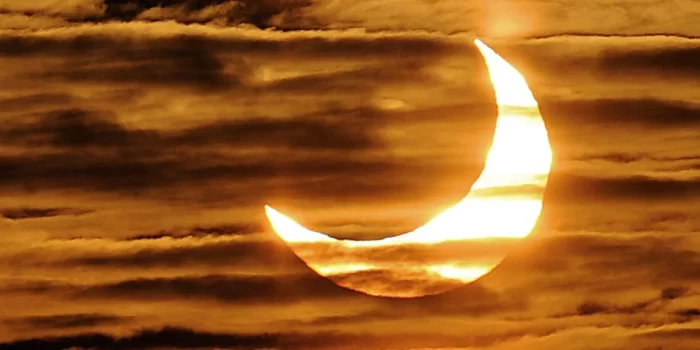The launch by NASA of three rockets during the solar eclipse expected to occur on April 8 will not be simply a spectacle; rather, it is an essential scientific research project of international scale. The blackout caused by the solar eclipse in parts of the United States, Canada, and Mexico will provide engineers in Virginia with an opportunity to observe the impact of this sudden decrease in light on Earth’s atmosphere.
A major purpose of the launches is to determine how the eclipse affects the ionosphere, which serves as a boundary between Earth’s lower and upper atmosphere. The ionosphere is located at an altitude ranging from 55 to 310 miles above the planet’s surface and has an influence on radio and satellite communication systems. During the eclipse, there may be a sudden change in sunlight that leads to disruptions in the ionosphere, thereby affecting communication systems.

By launching rockets before, during, and after the eclipse, NASA aims to collect data that will help predict these disturbances. The rockets will be launched from NASA’s Wallops Flight Facility on Wallops Island, Virginia. Although the moon will block only 81.4% of the sun’s light over this facility, scientists hope to use this opportunity to study the “wake” created by the eclipse and its impact on the ionosphere.
This isn’t the first time NASA has conducted such a study. During last October’s partial “ring of fire” solar eclipse, similar launches revealed perturbations in the ionosphere that affected radio and satellite communications. These findings underscore the importance of understanding and predicting such disturbances.

“We are super excited to relaunch [the rockets] during the total eclipse, to see if the perturbations start at the same altitude and if their magnitude and scale remain the same,” said Aroh Barjatya, a professor of engineering and physics at Embry-Riddle Aeronautical University, and a key member of the NASA team.
In conclusion, NASA’s upcoming rocket launches during the solar eclipse represent a unique opportunity to study the effects of this natural phenomenon on Earth’s atmosphere. The data collected from these launches could help improve our ability to predict and mitigate the impact of solar events on communication systems.


